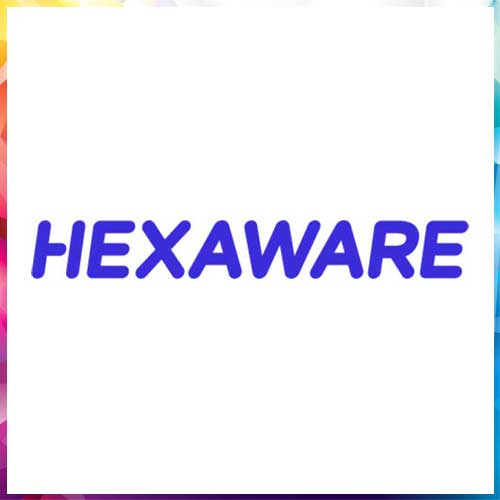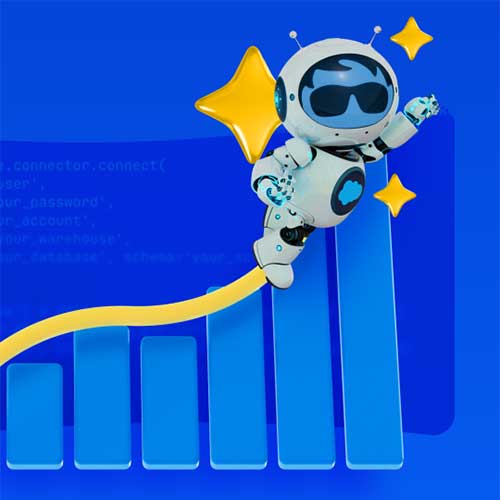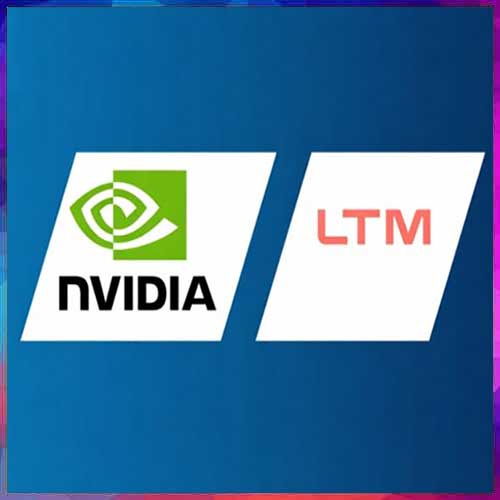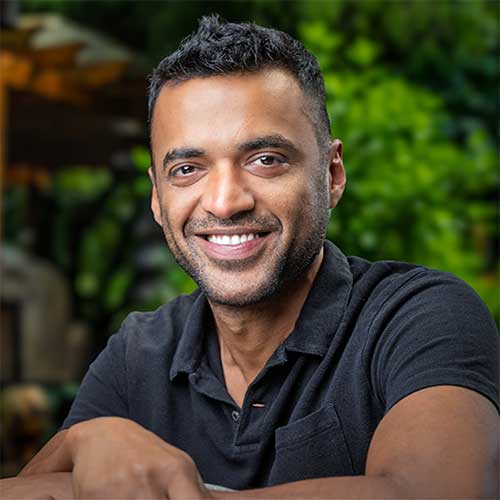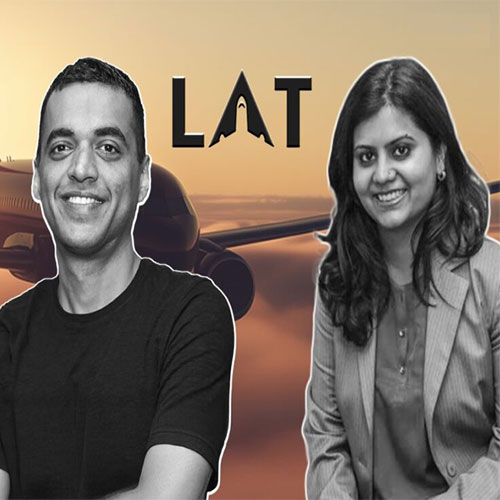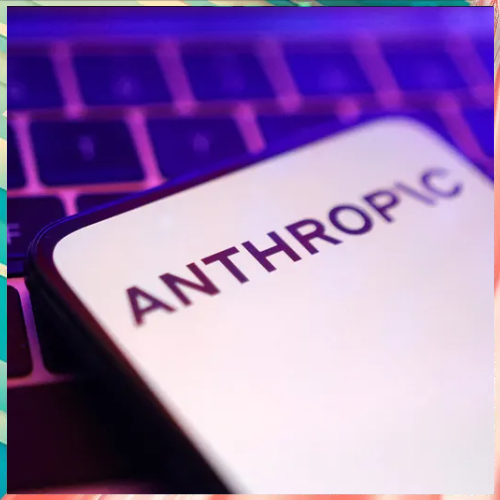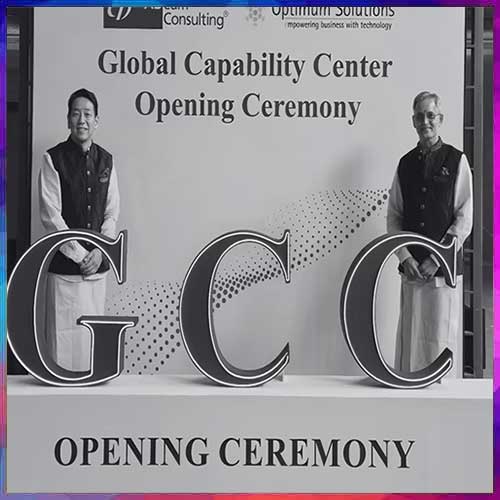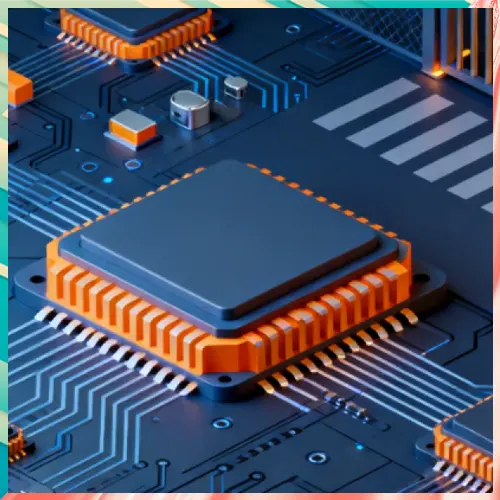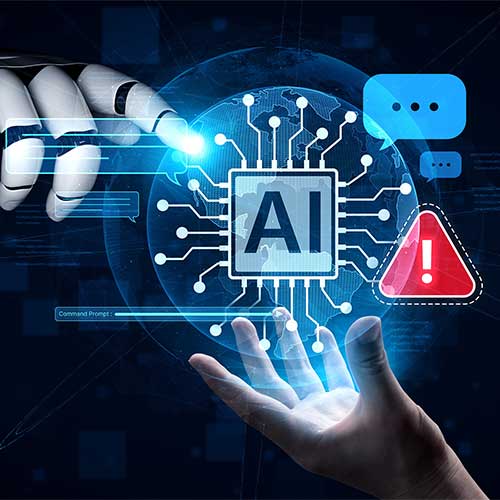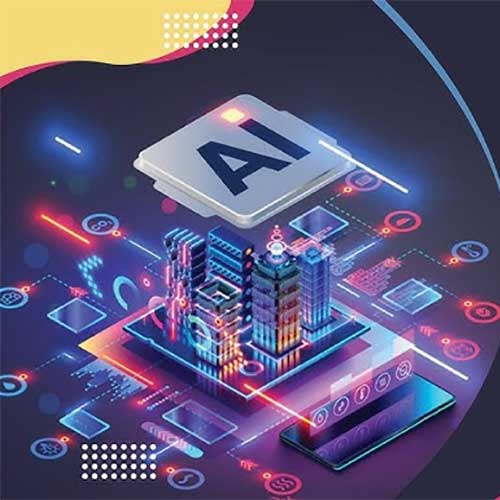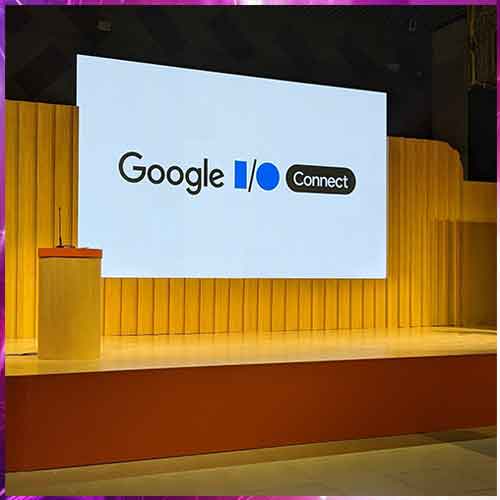
At the first I/O Connect in India, Google today unveiled a slate of AI tools and technologies for India to support growth and innovation among local developers. Today’s announcements emphasize Google’s focus on helping developers seamlessly build AI-powered products in the most productive, creative, and responsible way. To help Indian developers seamlessly build generative AI applications, Google is making its state-of-the-art large language model accessible through PaLM API, MakerSuite, and features on Vertex AI.
Google Cloud is launching an accelerator program for ONDC to help India’s digital sellers build and scale their digital commerce operations. As part of this initiative, the company is open sourcing a ready implementation of ONDC infrastructure and core APIs to facilitate scalability and security, and enabling access to its Retail AI technology and PaLM API. Google Cloud is also introducing a startup credits program where organizations that enable ONDC are eligible to apply for a USD $25,000 grant.
Google is open-sourcing its research models and datasets to help developers build meaningful solutions with India-focused speech data and building information. Through its collaboration with Google as part of Project Vaani, Indian Institute of Science is open sourcing its first set of speech data comprising over 4,000 hours across 38 languages; Google is also Open Buildings information of over 200 million buildings in the country to help organizations efficiently plan social and infrastructure projects.
As part of its AI approach of being both bold and responsible, Google announced it is open-sourcing the SeeGull Database, a global stereotype benchmark with broad geo-cultural coverage including stereotypes existing within India, to evaluate and mitigate biases in Natural Language Processing. The company will also soon be rolling out a Trusted Tester program for developers to access its healthcare AI model APIs that can identify medicines within handwritten prescriptions.
In addition, Google Maps Platform launched Address Descriptors – an India-first experimental feature available in 25 Indian cities – to make it easier for customers to find and communicate addresses using relevant landmarks and area names. Google also shared how it is helping developers seamlessly build for the web, and announced new features to enable developers to build engaging mobile and multi-device experiences.
Ambarish Kenghe, Vice President, Product Management, Google, said “The advent of AI presents significant opportunities for developers to bolster India’s position as a leading global innovation hub. At Google, we continue to make deep investments to support the ecosystem’s growth with a rich set of open and integrated technologies, and we are excited to see more breakthrough solutions this ecosystem will build for India and the world. Together, we look forward to taking new strides in making the power of technology accessible to everyone.”
Will Grannis, Chief Technology Officer, Google Cloud, said, “The emergence of generative AI represents the single greatest opportunity many of us have encountered in our careers. At Google Cloud, our focus has always been to give developers the right tools and technology to build simply, efficiently and at scale. We are excited to bring our Gen AI capabilities for developers to enable them to create engaging content, synthesize and organize information, automate business processes, and to build amazing customer experiences.”
T Koshy, MD and CEO at ONDC, said, “The addition of Google Cloud's Accelerator Program reinforces ONDC’s mission to revolutionize the ecommerce landscape, ushering in a new era of efficiency, agility, and customer-centricity. By streamlining the onboarding process through efficient core APIs, this milestone addition to the open network empowers enterprises to focus on their core competencies.”
Rahul Sukthankar, Vice President, Research, Google, said, “"I hope that the AI technologies we announced at I/O Connect today, including access to our new language model and several high-quality datasets, will help India's developer ecosystem build creative and responsible AI-powered solutions that enrich people's lives and address the country's diverse needs."
Matthew McCullough, VP, Product Management, Android Developer, Google, said, “We remain committed to helping Indian developers build high-quality mobile experiences. Be it on the wrist or in living rooms, we’re seeing more connected devices added to our lives, with categories such as smart watches witnessing robust growth in India, there’s an enormous opportunity for developers to grow their businesses through multi-device experiences.”
Una Kravets, Developer Relations Engineer, Google, said, “It is important to reach new customers across platforms, and the web remains a key part of that opportunity. Indian businesses have always been at the forefront of creating innovative and successful experiences using modern web technologies. We’re making the web more powerful, and easier to build for, to help developers maximize their growth.”
See What’s Next in Tech With the Fast Forward Newsletter
Tweets From @varindiamag
Nothing to see here - yet
When they Tweet, their Tweets will show up here.








